Viewpoint by Jonathan Power
LUND, Sweden (IDN-INPS) – Nearly everyone I talk politics to says the world is in a mess. But I live in a student town and most of them have nothing to measure their opinions against. They know not much about the Cold War, the Cuban missile crisis, Watergate or the great famines in Africa and India.
In many ways most of us live in the best of times, on better incomes than our parents, with longevity increasing all over the world, not least in the poorer countries and helped by inventions that our parents never dreamt were possible.

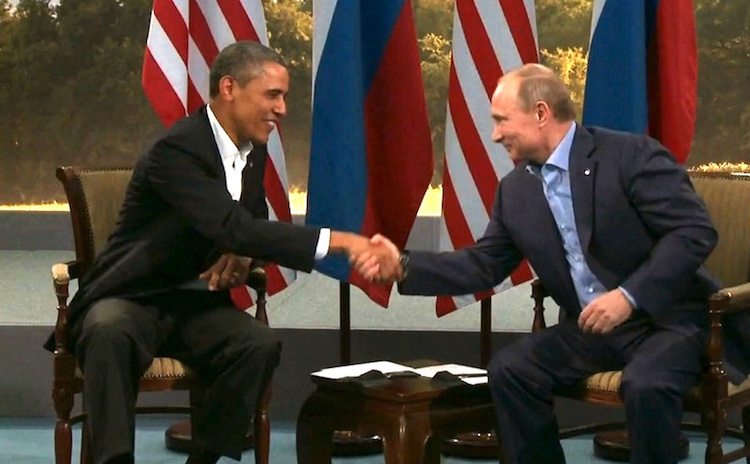
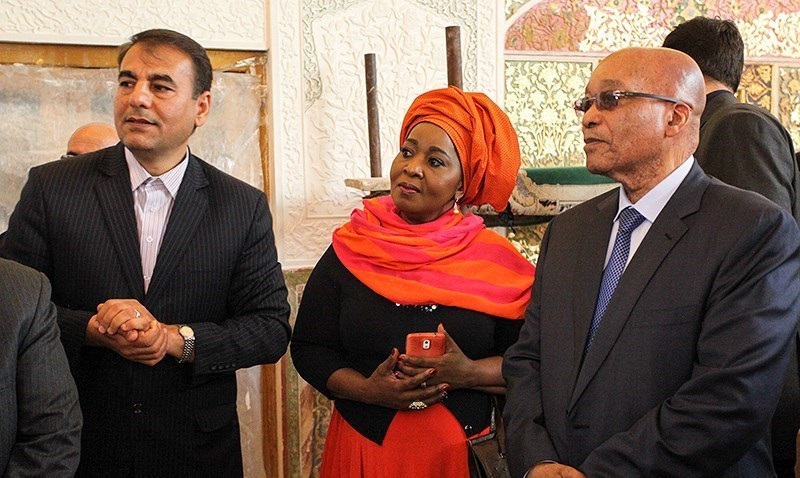
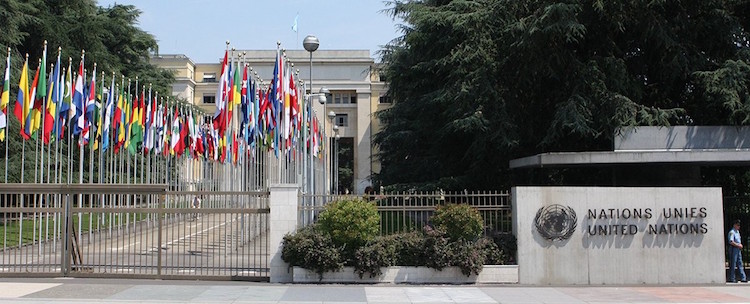
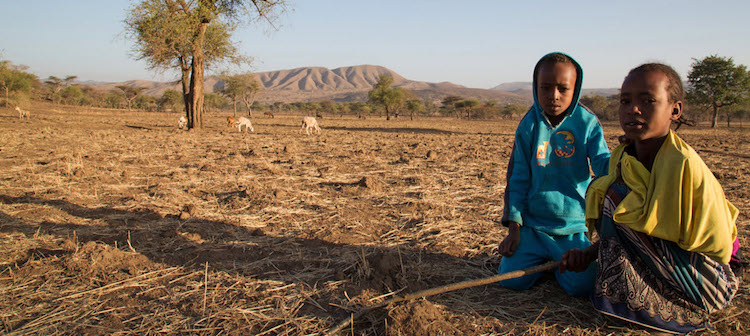

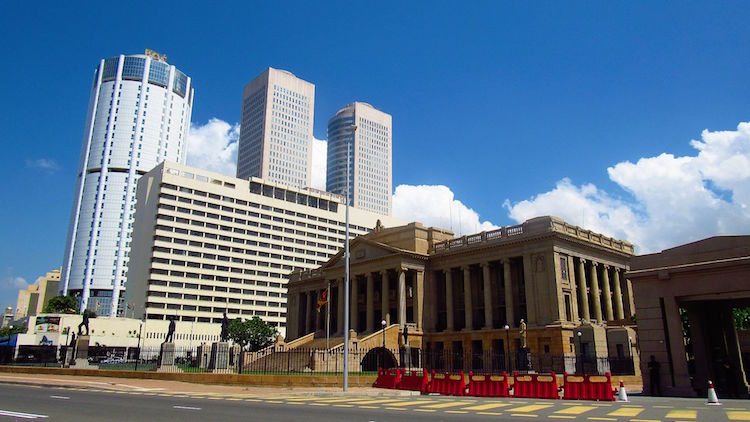
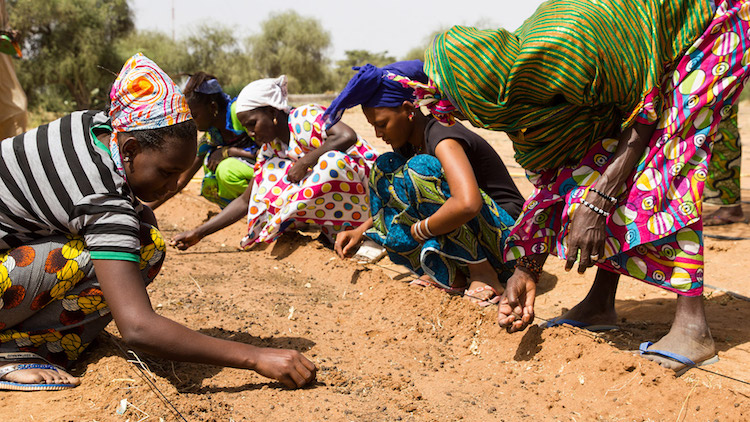

 Rio de Janeiro (IDN-INPS) – Coinciding with the beginning of the 2016 Summer Olympic Games in Rio de Janeiro, Brazil, UN Women, the International Olympic Committee (IOC) and Always/Whisper celebrated on August 6 the ‘One Win Leads to Another’ initiative, a programme that empowers women and girls through sport.
Rio de Janeiro (IDN-INPS) – Coinciding with the beginning of the 2016 Summer Olympic Games in Rio de Janeiro, Brazil, UN Women, the International Olympic Committee (IOC) and Always/Whisper celebrated on August 6 the ‘One Win Leads to Another’ initiative, a programme that empowers women and girls through sport.